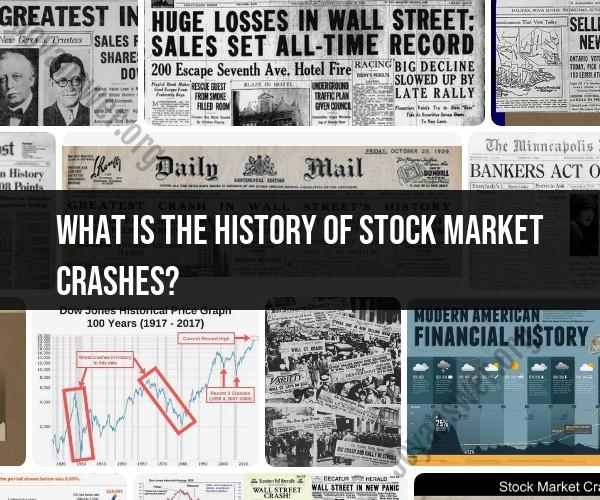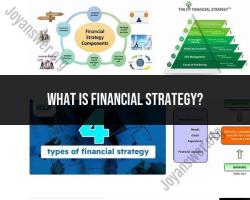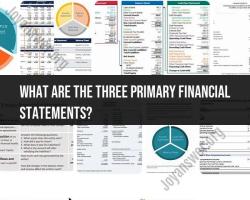What is the history of stock market crashes?
Stock market crashes have left indelible marks on economic history, shaping financial landscapes and influencing investor behavior. In this article, we delve into the annals of history to uncover key stock market crashes and the valuable lessons they offer.
The Great Depression (1929)
The stock market crash of 1929, also known as Black Tuesday, marked the beginning of the Great Depression. The crash saw a rapid decline in stock prices, triggering widespread panic and economic turmoil.
Dot-Com Bubble Burst (2000)
The late 1990s saw an unprecedented rise in internet-related stocks. However, the dot-com bubble burst in 2000, leading to sharp declines in technology stocks and substantial losses for investors.
Global Financial Crisis (2008)
The subprime mortgage crisis in the United States snowballed into a global financial crisis in 2008. Stock markets plummeted, leading to widespread economic turmoil and prompting governments to implement extensive bailout measures.
Lessons Learned
Stock market crashes have provided valuable insights:
1. Market Cycles
Stock markets operate in cycles of growth and decline. Understanding these cycles can help investors make informed decisions.
2. Diversification
Diversifying investment portfolios across different asset classes can mitigate risks associated with market volatility.
3. Long-Term Perspective
Short-term market fluctuations are common. Adopting a long-term perspective can help investors weather short-term downturns.
4. Regulatory Measures
Stock market crashes often prompt regulatory reforms to enhance transparency, accountability, and investor protection.
Applying Historical Insights
By studying past stock market crashes, investors can:
- Anticipate potential risks and take preventive measures.
- Make informed decisions based on historical patterns and market behavior.
- Stay vigilant and adjust investment strategies based on changing economic conditions.
Conclusion
The history of stock market crashes is a reminder that financial markets are dynamic and subject to fluctuations. By learning from past events, investors can navigate the complexities of the stock market with greater confidence, adaptability, and resilience.













